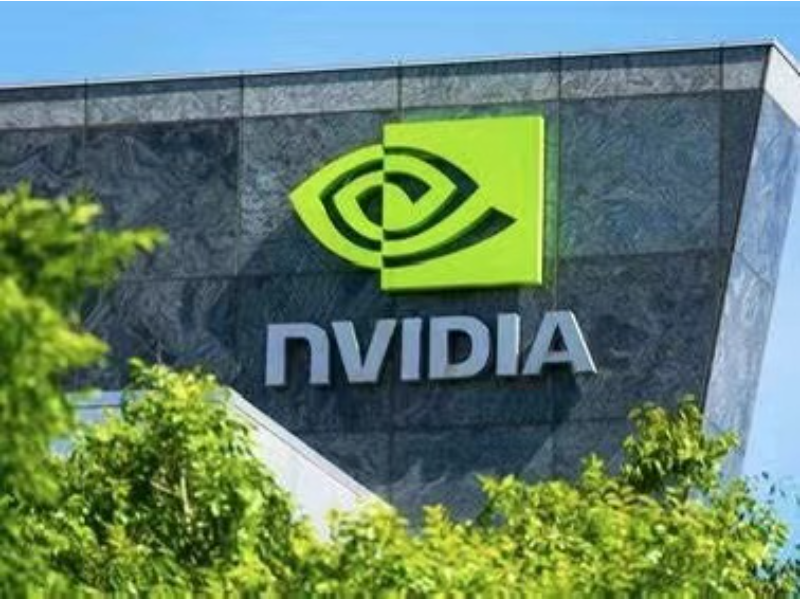- A design flaw is expected to delay the launch of Nvidia’s highly anticipated AI chips by at least three months, potentially impacting its major customers such as Meta and Google.
- While Nvidia remains positive about its AI chip production, the reported delay provides an opportunity for competitors to expand their market shares in the AI chip market.
OUR TAKE
The implications of this delay are substantial, given the competitive landscape of AI technology and the significant investments made by these tech giants. The reliance on Nvidia’s chips for advancing AI capabilities means any production delays could have broader repercussions for innovation and market competition in the AI sector.
–Ashley Wang, BTW reporter
What happened
Design flaws are expected to delay the launch of Nvidia’s highly anticipated artificial intelligence (AI) chips by at least three months, according to the tech-focused publication The Information. This setback could significantly impact the company’s major customers such as Meta, Alphabet’s Google, and Microsoft, who have collectively placed orders worth tens of billions of dollars.
Nvidia had introduced its Blackwell chip series in March, following the earlier release of its flagship AI chip, the Grace Hopper Superchip, which was designed to enhance generative AI applications. The delay affects the production of the most advanced chip in the Blackwell series, which Nvidia communicated to Microsoft and another major cloud service provider last week.
The potential delay could push the expected shipment of these advanced AI chips to the first quarter of 2025. This situation poses a challenge for companies like Meta, Google, and Microsoft, which rely heavily on Nvidia’s cutting-edge technology for their AI-driven projects. Any disruption in the supply chain could hinder their progress and delay the deployment of new AI applications and services.
Also read: Suno argues AI training with copyrighted music is legal
Also read: Microsoft calls OpenAI a competitor in SEC filing
Why it’s important
Despite the reported delay, a Nvidia spokesperson maintained a positive outlook. “As we’ve stated before, Hopper demand is very strong, broad Blackwell sampling has started, and production is on track to ramp in the second half,” the spokesperson said in an emailed statement.
However, Nvidia, as an independent character in the AI revolution, should consider its position. The fierce competition in the AI chip market indicates any errors whether small or big, will impact the investors’ decisions. It is true that Nvidia’s chip is far superior to its competitor. However, every single company are racing to develop the newest product to avoid being left behind. Three months is not a moment but a period during which multiple changes will occur.
As for the other chip companies, the delayed time will be a great opportunity for them to further expand their business. Companies like AMD and Intel, always lurking in the shadows, now have a chance to capitalise on Nvidia’s vulnerability. They can seize this moment to expand their market share, pitch their own advanced chips, and establish themselves as reliable alternatives.

